- Monday, 22 December 2025
Daily routine of elephantiasis patients becoming easier with self-care training
Santosh Sharma
Baniyani (Jhapa), Nov 27: Khirman
Ganesh, 70, a local resident of Jhapa Rural Municipality-5, Panthapada has been
suffering from elephantiasis for the past three decades. The lower part of her
knee is swelling.
After two-day self-care training,
her daily routine has turned a bit easier. Now she is able to take care of her
health after being trained by the 'Bishwas' project run by Sahara Nepal.
"It has been nearly 30 years
since I caught with illness", she said, adding, "I knowledge how to
clean my ailing feet".
Another elephantiasis survivor
Binadevi Ganesh, an inhabitant of Panthapada of Jhapa rural municipality-5, has
a problem in getting up now.
She shared that her daily life has
become a little easier after attending self-care training. She was provided
with a 'toilet chair' after complaining inconvenience in reaching to the
toilet.
Chief of the health section of the
rural municipality Prem Neupane said proper cleaning is a must in the
elephantiasis-triggered swollen part. "Proper hygiene should be maintained
to prevent further deterioration of the disease-affected organs", he said,
adding, "It can help prevent high fever among the sufferers".
Programme Officer at Karuna
Foundation Ankit Pathak said assistance along with the training will be
provided based on the demand of elephantiasis and leprosy patients.
He informed that as many as 387
people have been provided the self-care training since 2022. The Foundation
according to him has imparted income-generation training to 123 people
suffering from elephantiasis.
Support materials were handed to
155 while 48 were provided with medical aid, he shared, adding that 16 were
given seed money Rs 12,000 each for business.
According to programme coordinator
of Bishwas Project Pawan Rai, they have been working in 10 municipalities of
Jhapa to prevent tropical diseases such as leprosy, elephantiasis, lice, dengue
and chikungunya, kalajar, snakebite, rabies, and measles.
He said they were working hard to
reach the target set by the government for the prevention of these diseases
from the country.
"We are collaborating with the
local level governments and stakeholders", Rai shared, adding,
"Efforts are underway to improve the quality of community health services
through the project".
He stressed the need for the
government to provide health insurance to the poor communities to reduce their
financial burden in health. RSS




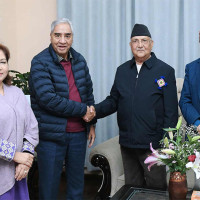
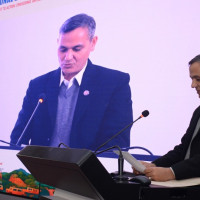
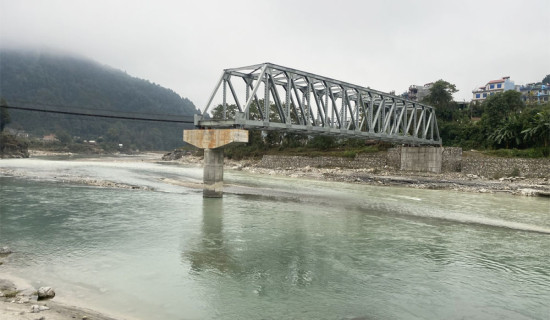
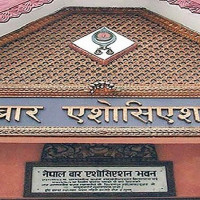
-square-thumb.jpg)
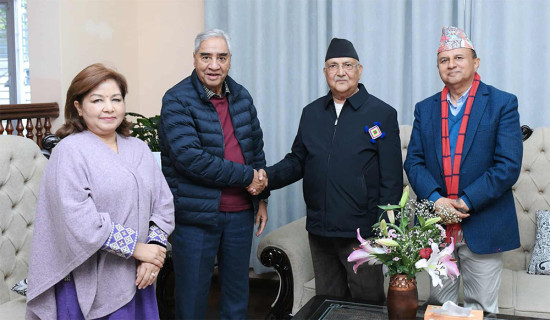
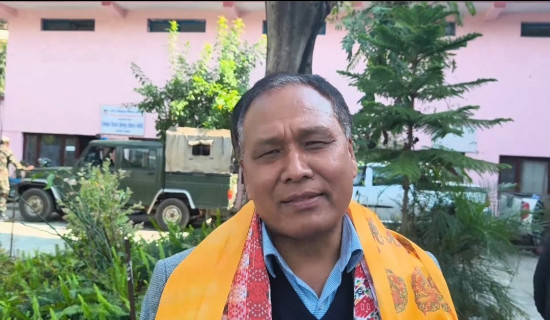

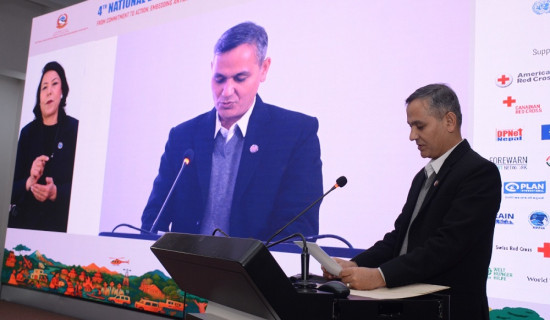
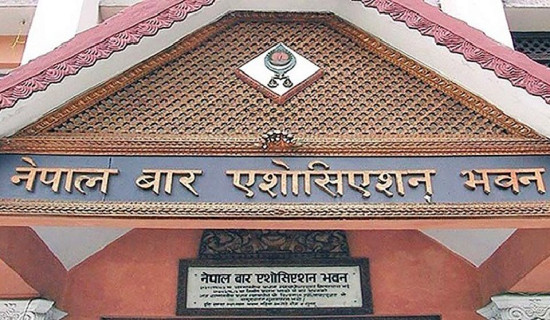
-original-thumb.jpg)